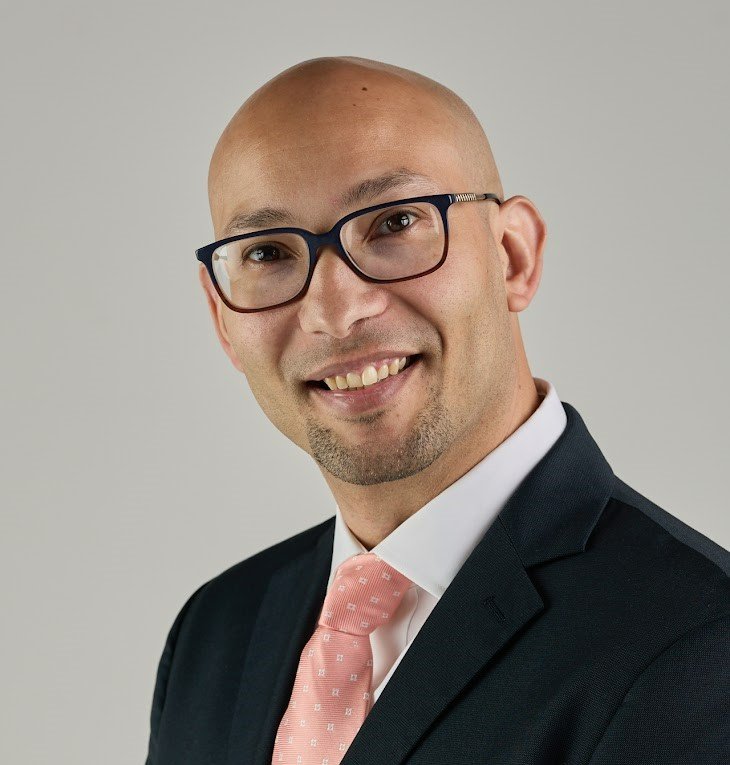Best Practices for a Successful ESG Program for CSRD: A Reuters Event featuring OneTrust, WholeWorks, and WIPRO
When the European Union enacted the Corporate Sustainability Reporting Directive (CSRD) into law in November 2022, it created a new demand for accountability with regards to environment, social, and governance (ESG) performance for companies in the EU—and beyond. The regulations are under development and will be phased in over several years, but they impact companies who make their home in the European Union as well as global companies with significant activity in the European Union (who will be required to report global activity—not just EU activity).
On January 26, 2023, Reuters Events hosted a conversation moderated by Chris Fenwick, Head of ESG Center of Excellence at OneTrust with Laura Asiala, Chief Sustainability Officer, WholeWorks, and Abraham (Abe) Orden, Security & Risk Advisory, WIPRO. The trio discussed the practicalities of responding to CSRD, including best practices for starting and maintaining a practice that is both responsible and valuable.
Some key points:
The CSRD is anticipated to be a leading regulation, somewhat like GDPR (EU’s General Data Protection Regulation). It’s one regulation that impacts business globally and is likely to start a trend for similar regulations around the world.
Because the CSRD regulations are most likely to be based on existing frameworks, companies that are already using those frameworks voluntarily will be in better position to use them when required.
“Don’t let ‘perfect’ be the enemy of good. This is going to be a process.”
– Abe Orden
Companies should expect to provide reliable, specific information in a standard reporting manner to ensure full and fair disclosure of all material facts regarding securities offered to the public for investment. Historically, that has been financial information. Today, regulations increasing recognize that those material facts extend beyond to environmental, social, and governance facts.
“It’s not even been 100 years since companies were required to report material financial facts and we now take those as a given. We might disagree on specific requirements, but we don’t disagree that companies should be required to provide reliable, specific information in a standard reporting manner to ensure full and fair disclosure of all material facts regarding securities offered to the public for investment. Today, we recognize that those material facts extend beyond mere economic to environmental, social, and governance facts. And the EU is leading the way.”
– Laura Asiala
Best practices for reporting—and improving performance—on ESG and sustainability issues includes the formation of multi-functional teams that are pulled together by sustainability leaders (either a Director or Chief Sustainability Officer) who report to the CEO and ultimately to the board of directors.
To build the case for investment for sustainability within companies, ESG/Sustainability leaders should look for ways that both help internal stakeholders achieve their goals and address environmental and social issues.
“My #1 recommendation to people who are trying to integrate sustainability in their companies is to find a problem that they already think they have—and help them solve that by addressing environmental, social, and/or governance issues. Don’t evangelize about the ‘the right thing to do.’ There are so many ways to create value by just solving the problems the organization has.”
– Laura Asiala
Listen to the full conversation here.
1,961 people registered for this event and 900 people attended.
Photos courtesy of OneTrust.
About the speakers:
Chris Fenwick, Head of ESG Center of Excellence, OneTrust
Chris Fenwick is the Head of the ESG Center of Excellence at OneTrust. With more than a decade of experience in sustainability and environment, health, and safety, Chris has served a wide range of industries, including aerospace/defence, manufacturing, and food and agriculture. He holds a Bachelor of Science in Environmental Health Engineering, and a Masters of Sustainability Leadership from Arizona State University. Chris is also an alum of the WholeWorks ‘Leading the Sustainability Transformation’ Professional Certificate Program.
Laura Asiala, CSO, WholeWorks LLC
Laura Asiala is the Chief Sustainability Officer of WholeWorks LLC and the Lead Facilitator for WholeWorks’ Sustainability Programs ‘Leading the Sustainability Professional Certificate Program’ (LST) Program and ‘Strategic ESG: Creating Sustainable Value’—in which experienced professionals and leaders accelerate their ability to integrate ESG issues across their companies, creating value and transforming a traditional business to sustainable, via a realistic team simulation. She also curates and edits ‘WholeWorks Connects,’ a publication amplifying the work of leaders in the field of sustainability, including alumni of WholeWorks programs.
Abraham Orden, Global Business Manager Strategy and Risk, Wipro
Abe Orden leads Wipro’s ESG Risk Advisory and Solutions practice. The ESG risk practice leverages 20+ years of governance, risk management, and compliance experience. We help enterprises enhance responsible conduct and eliminate business drag as they respond to ESG regulations globally by applying learnings and best practices from Sarbanes Oxley, GDPR and other epochal regulatory regimes.
Go back to the WholeWorks Connects blog page by clicking here.





